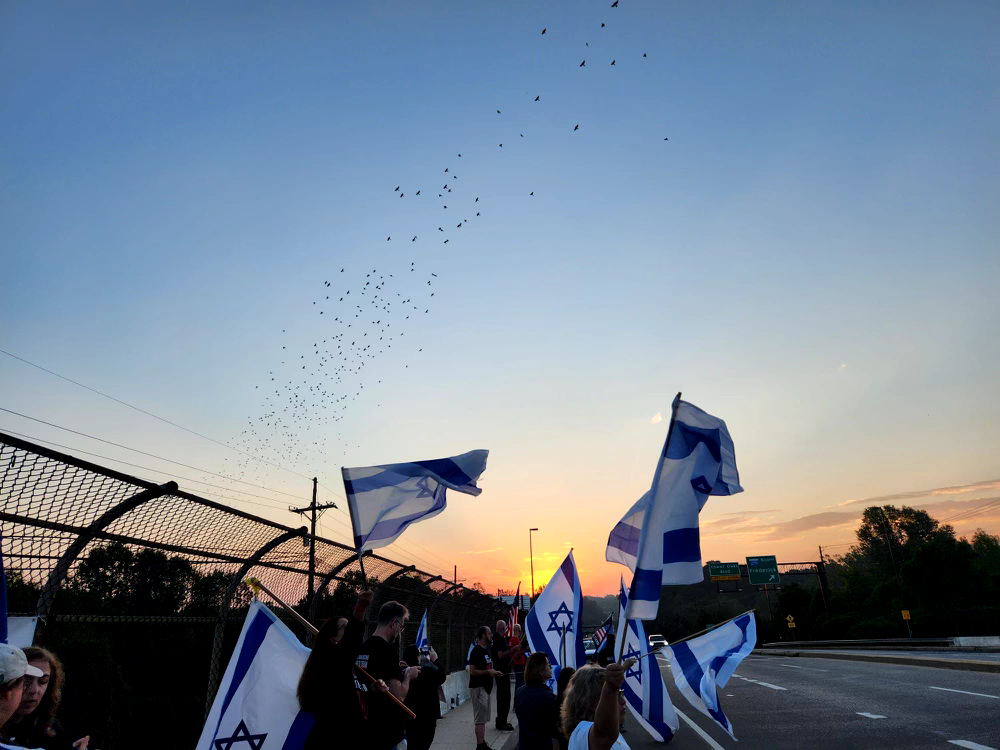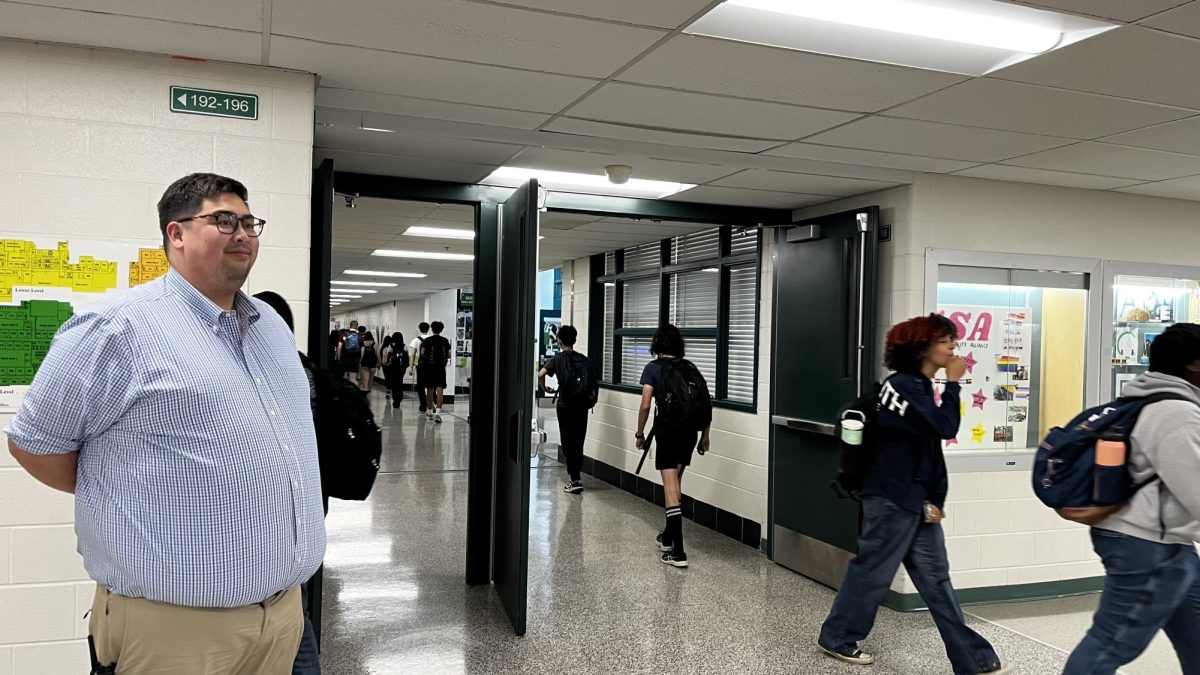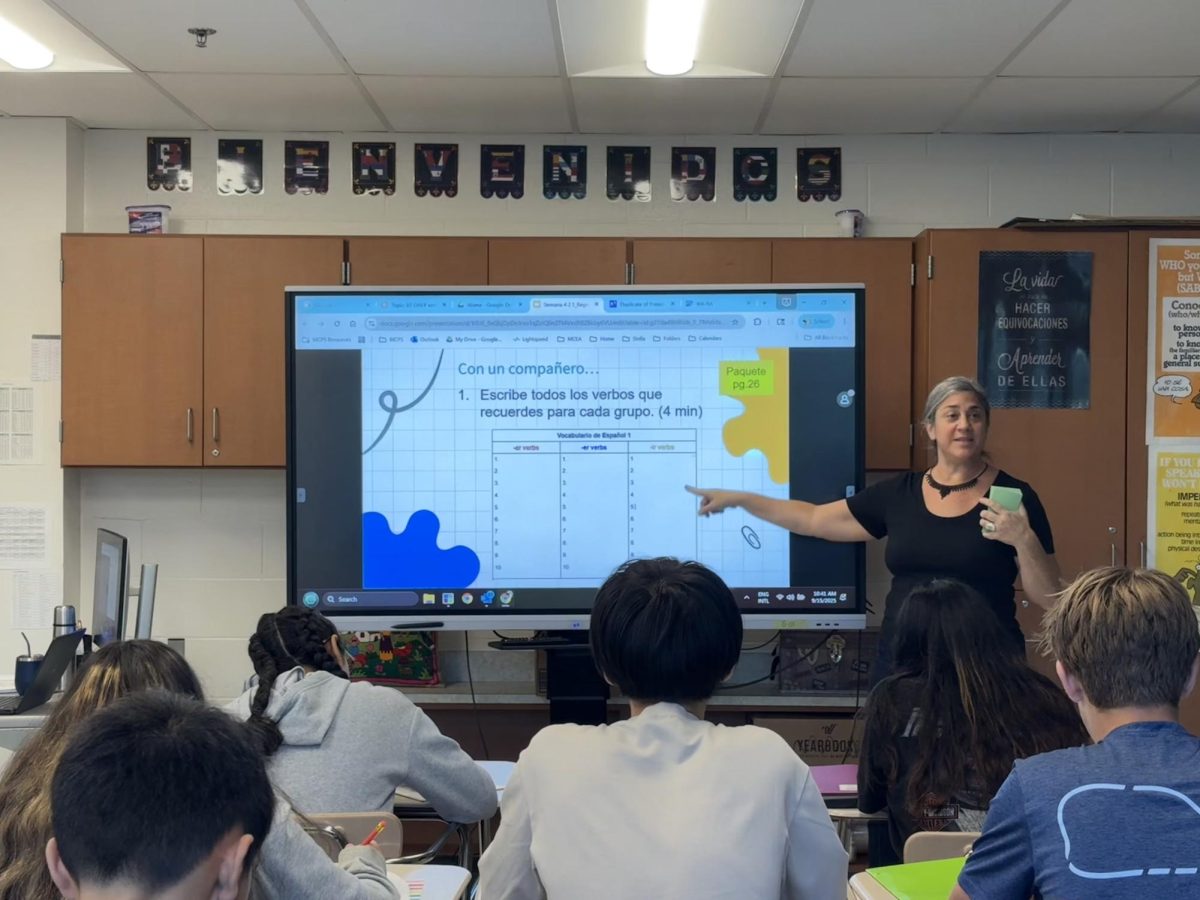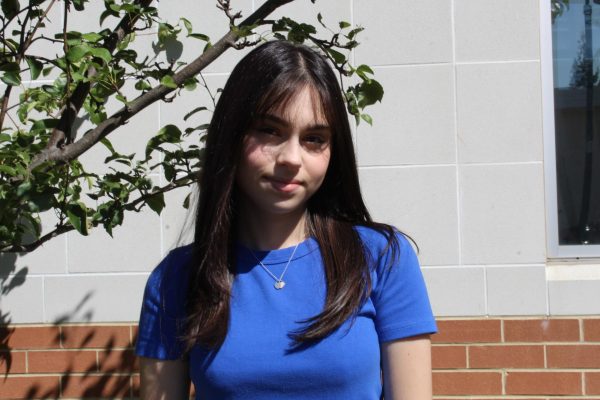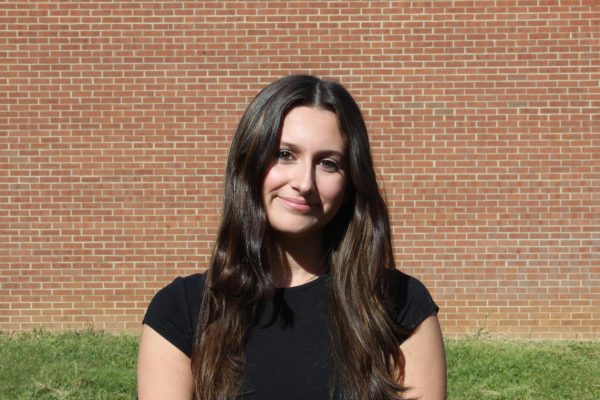Oct. 7: the impacts one year later
The first Monday of October marked the one-year commemoration of the Oct.7 massacre in Israel. This time of year brings up heavy emotions for many in the WJ community. Even though this happened over 6,000 miles away, many students remember it well.
“It was Saturday morning. I woke up pretty late because it was a Saturday and my parents were on the TV and they had the Israeli news on,” freshman Shelly Abuhazira said. “They explained to me the whole situation.”
Countless families on both sides of this conflict have experienced significant negative impacts. Students still experience struggles despite the fact that this event happened over a year ago.
“Almost my whole family lives in Israel, so they’ve been really nervous and scared of what’s gonna come in the future,” sophomore Amit Shacham said. “They’ve just been trying to stay safe, trying to stay out of trouble.”
There are people within our community that students can go to if they need support regarding this topic.
“At the start, seeing all the graphic pictures and videos coming out from Gaza was extremely depressing, and I struggled with my mental health at the beginning, which a lot of my friends did too, especially those who had family in Palestine or close by,” MENA co-president, senior Essil Ezzoug said. “Now, it still saddens me and what is even more upsetting is how people are ignoring it and going back to their daily lives, while people are being killed on the other side of the world. Madame Kinani – our club’s sponsor – has been extremely helpful in checking in on us and being available if we need anything at any time.”
While people travel around the world for countless reasons, many students immigrate here legally from the Middle East to the United States due to their parents’ jobs for a limited period. During this time, there were students at WJ who had to experience this first-hand.
Junior Omer Ratzon was living in Israel at the time. He lived with the fear of not knowing what would happen tomorrow or what was going on in the cities around him.
“Someone called my dad, a big General, and then he told him to come to the army and he told me and we were all scared at that time,” Ratzon said. “I didn’t see my dad for a long time. My sister got into the army so I didn’t see her for a long time and my family [had to] move to the shelter.”
Abuhazira’s father also left home to serve in the military for a time.
“[Because] my Dad left, my Mom was pretty much alone so I had to kind of step up,” Abuhazira said. “[I] definitely [think about it a lot.”
MCPS Superintendent Thomas W. Taylor sent an email on Sept. 26 to address the situation, including resources on how students and staff can prepare for hate and bias situations and guidelines for civil engagement. Taylor also emphasized the use of good judgment in how the community handles conversations on the conflict.
“This requires all of us to […] make positive decisions in how we speak and express ourselves, especially in times of conflict,” Taylor said.


